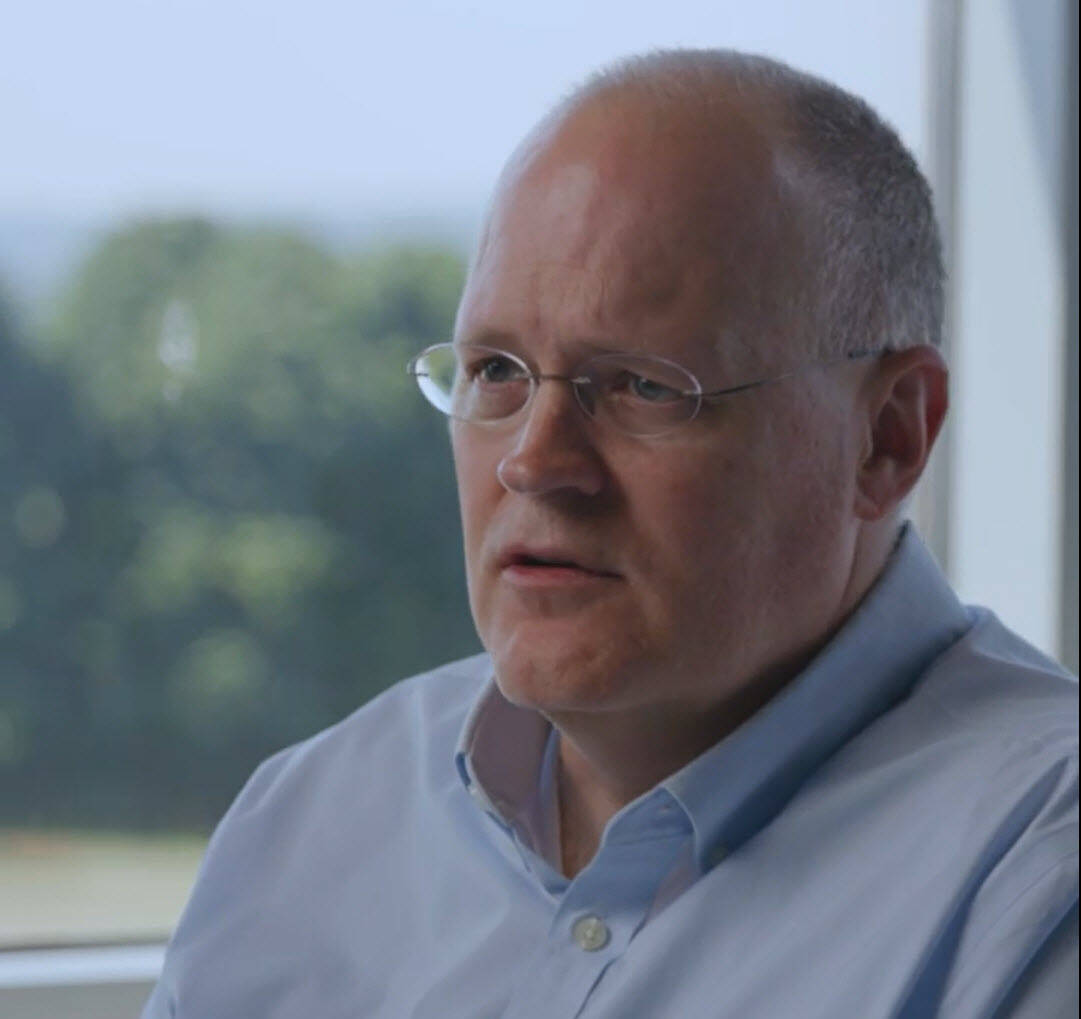Article Sept. 26, 2023
Expert Spotlight: Bryan Chapman
Article Sept. 26, 2023
selected item
It's Friday afternoon. Bryan Chapman's work at the ExxonMobil Research and Development lab is done for the week. As he waves goodbye to his coworkers, he shifts his attention to spending the weekend with his family.
At the dinner table that night with his wife and two daughters, Bryan thinks about how the world will look when his children have their own careers. He also hopes they'll be proud of his role in helping to change the way the world uses energy.
His bet: hydrogen
Like many in his field, Bryan believes hydrogen could play a vital role in reducing global emissions. Its carbon footprint is relatively low, it can replace higher-emitting fuels, and it can be scaled up quickly.
Today, Bryan is one of our hydrogen experts. He knows his work will be necessary for future generations, as the world works to find lower-emission energy sources.
The journey: from science to reality
Bryan joined ExxonMobil in 1998 after graduating from the University of Delaware with a doctorate in chemical engineering. He started in chemical R&D and later focused on emerging energy sciences. Exploring alternative energy sources for transportation led him to hydrogen.
In 2018, Bryan played a key role in several studies that helped shape the company’s hydrogen strategy. And that, in turn, led to hydrogen becoming a core pillar of our Low Carbon Solutions business.
Ultimately, Bryan's work on hydrogen helped pave the way for our planned low-carbon hydrogen plant in Baytown, Texas. It will be the world’s largest such facility at startup and could be a blueprint for future plants around the world.
Many things we depend on every day require massive amounts of energy and aren’t easily electrified. Think long-distance trucks, ships, heavy industry, steel, chemical production and cement. These need a low-carbon fuel like hydrogen.
His approach: working together
Bryan believes collaboration is the key to the energy transition, and he’s an ambassador for bringing technology to life. For example, he leads our joint research efforts with the U.S. national laboratories – a relationship that’s led to groundbreaking energy research.
We bet that people like Bryan, and the work they do, will shape the future of energy for generations to come.
Explore more

